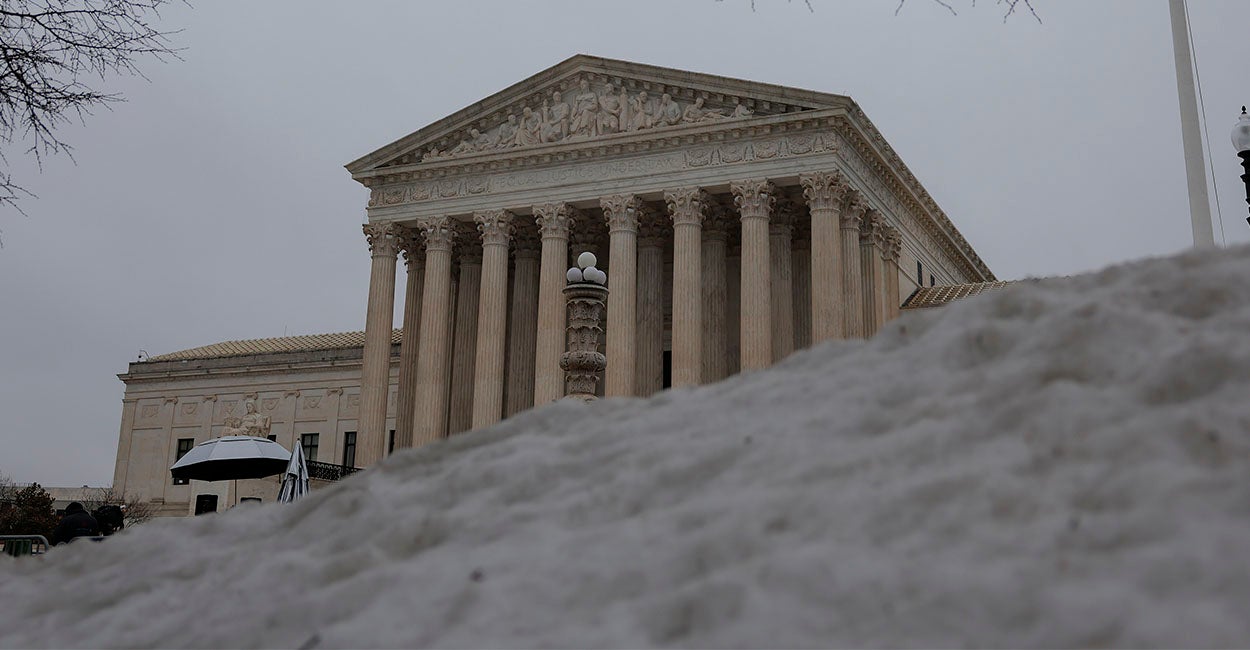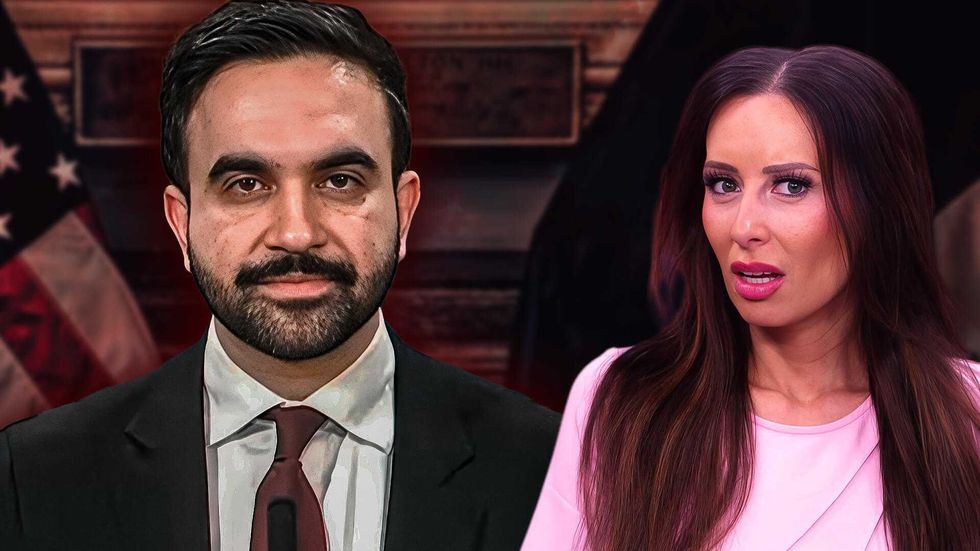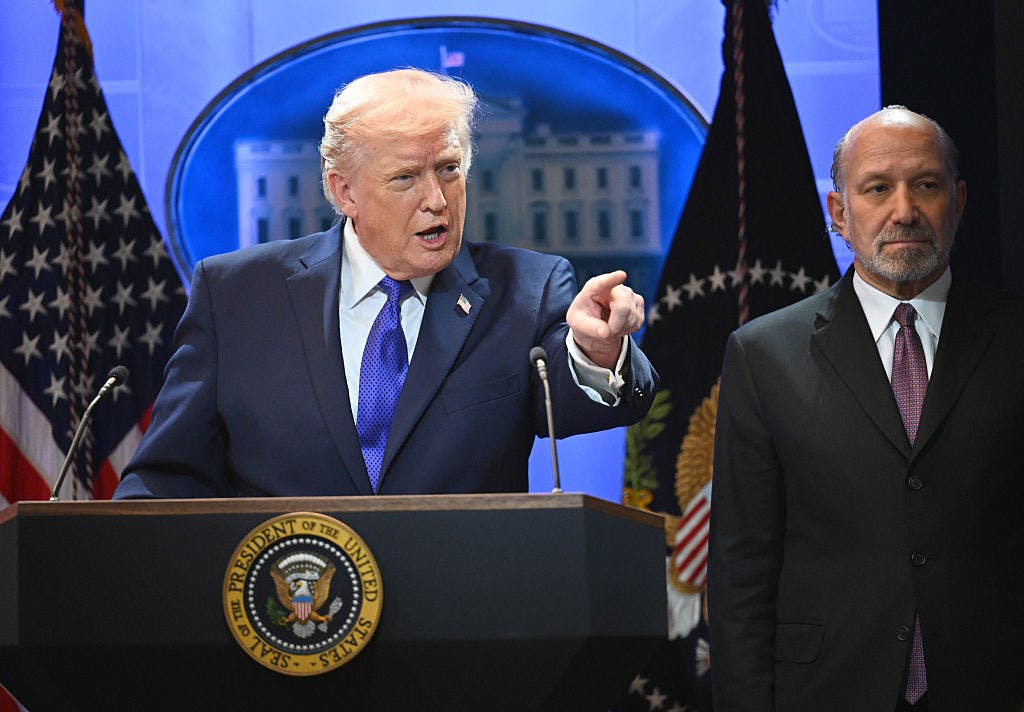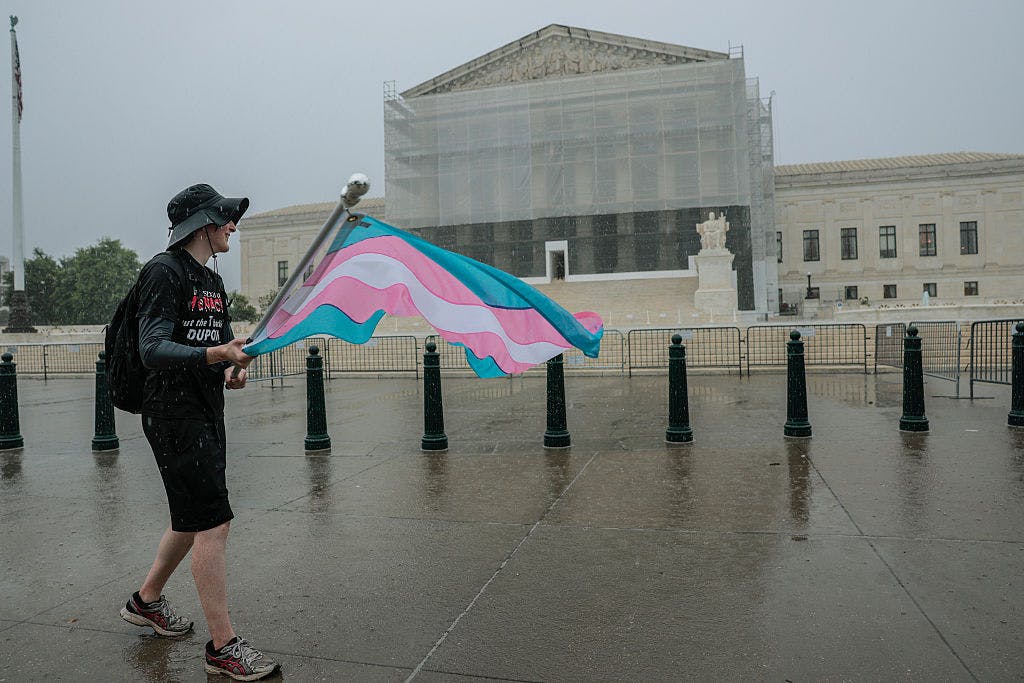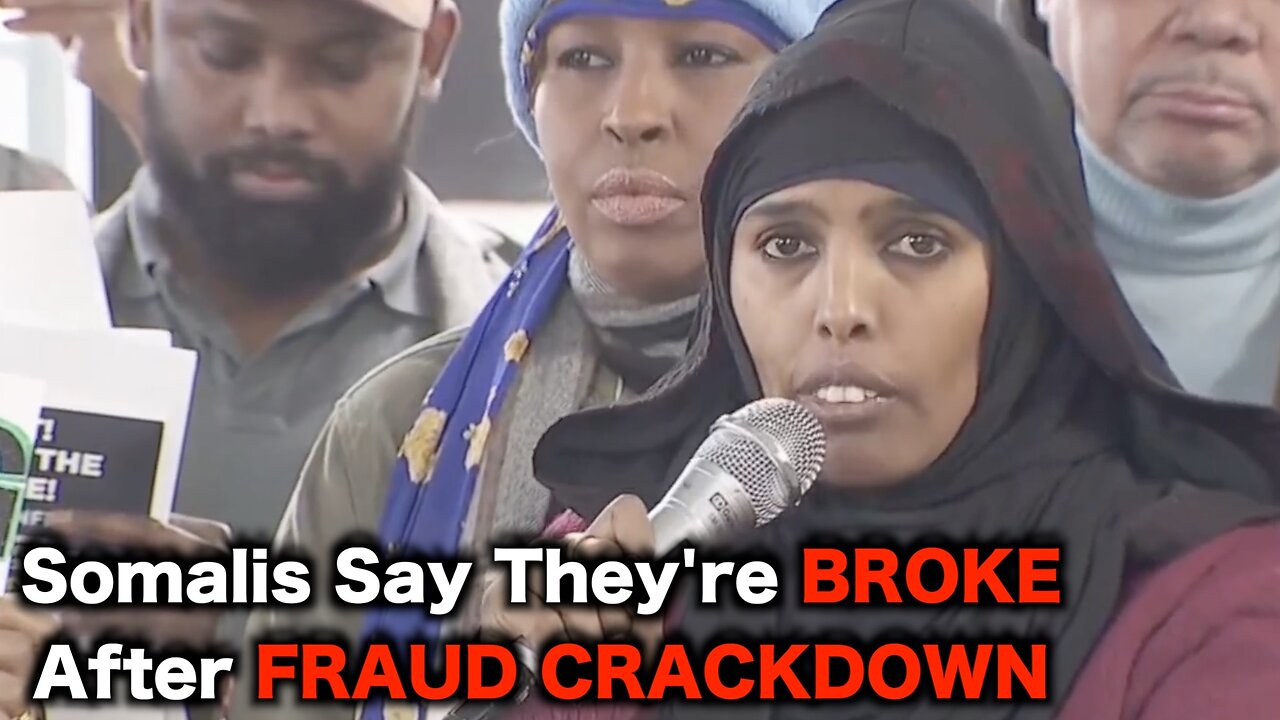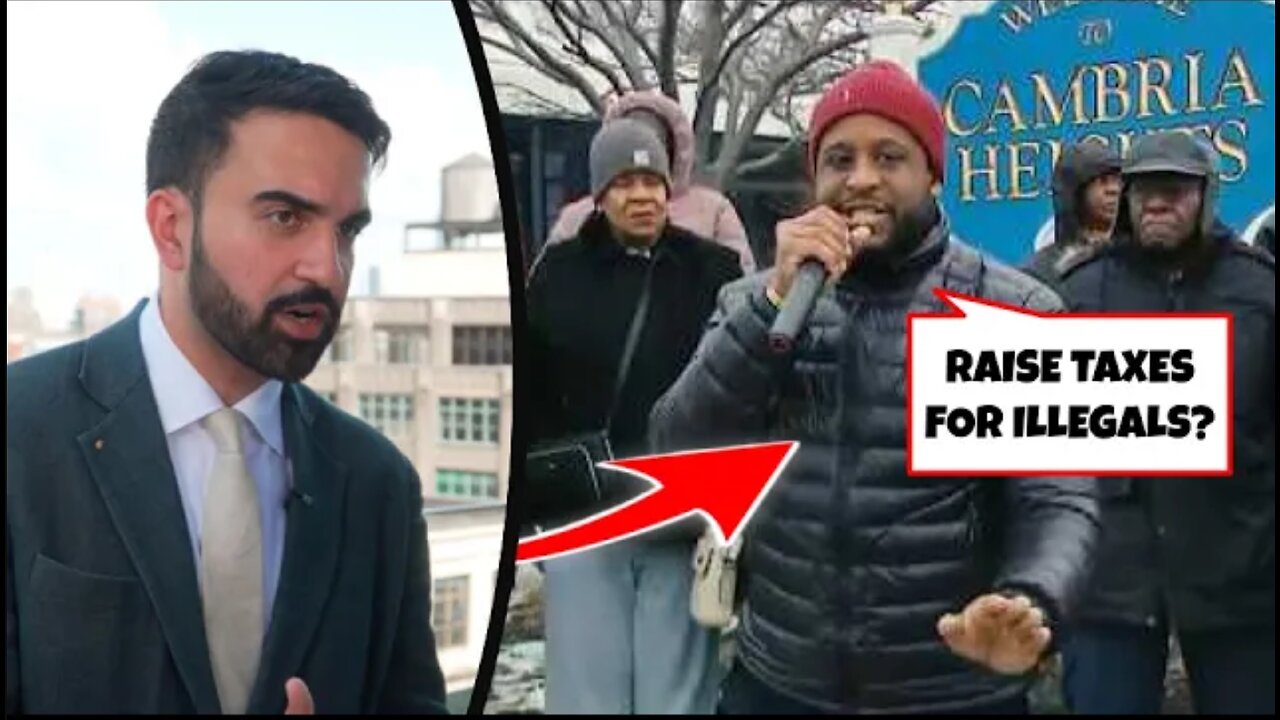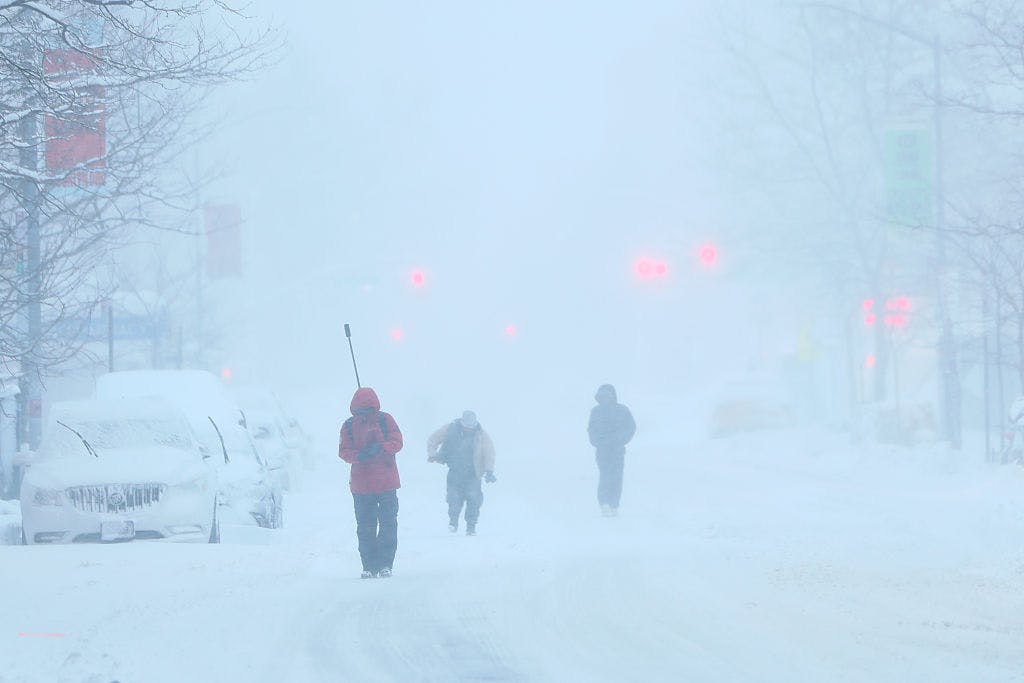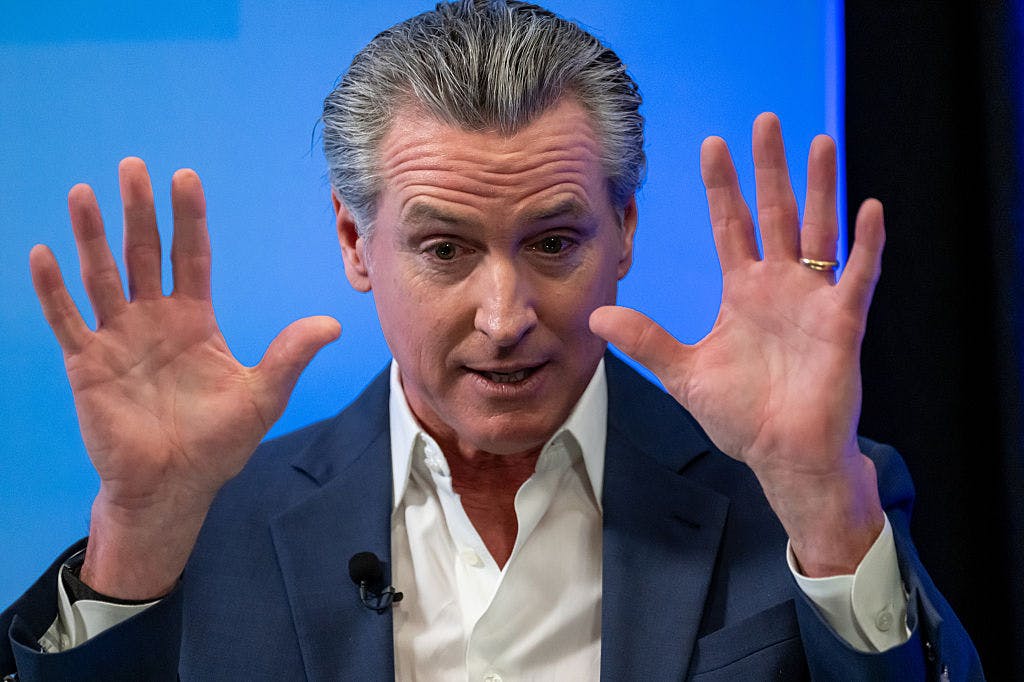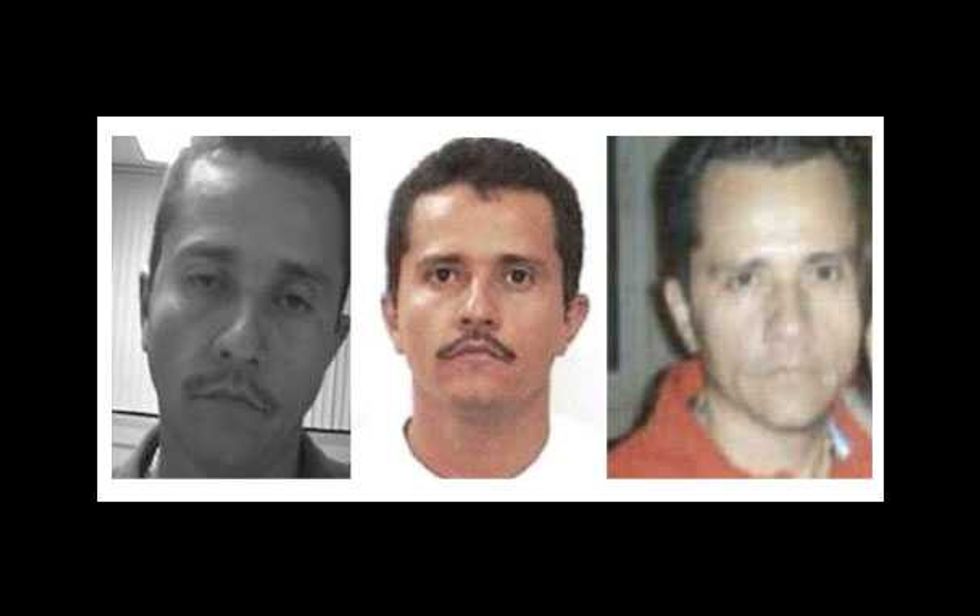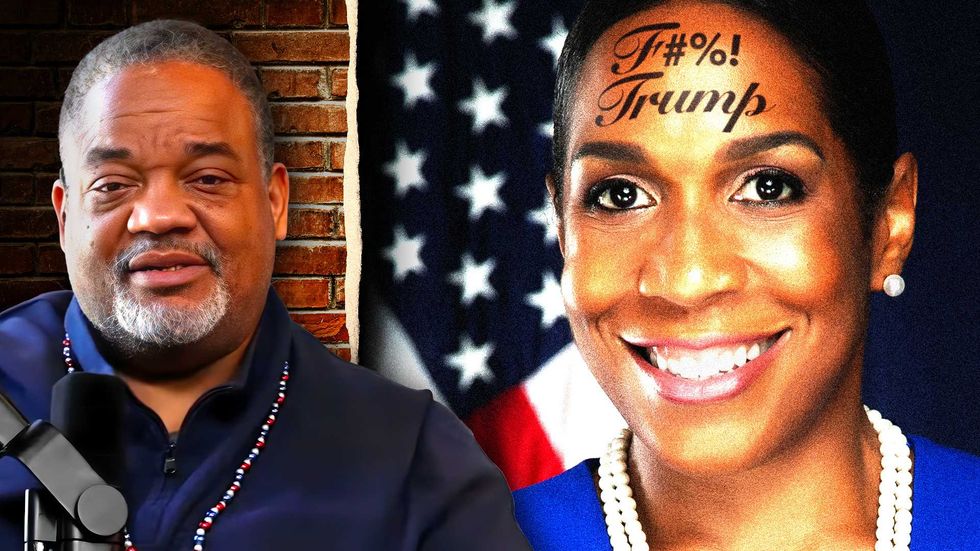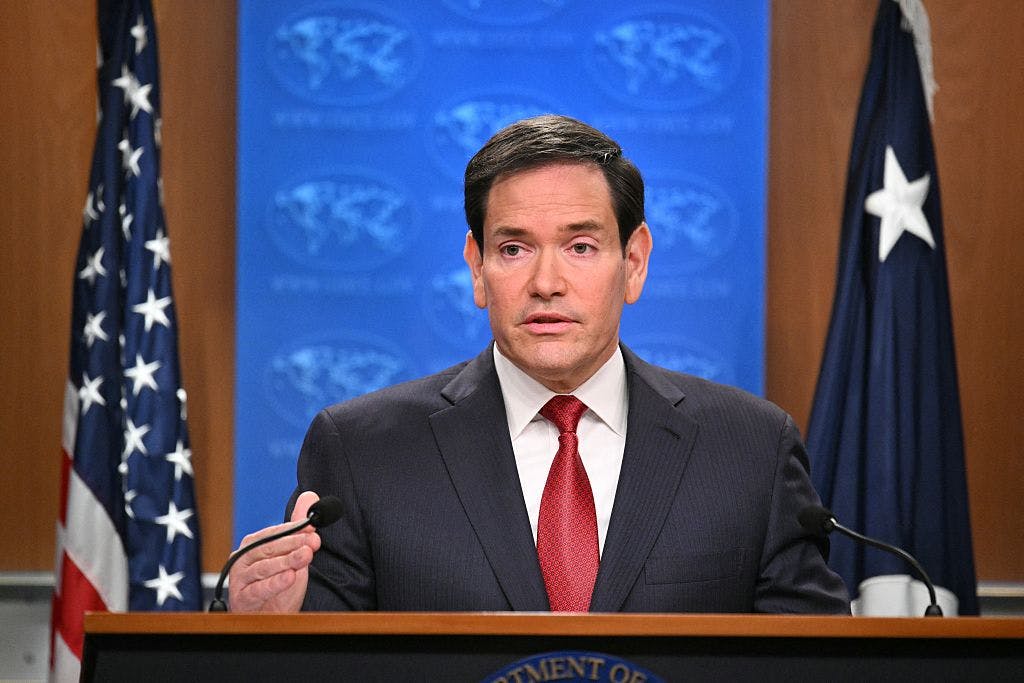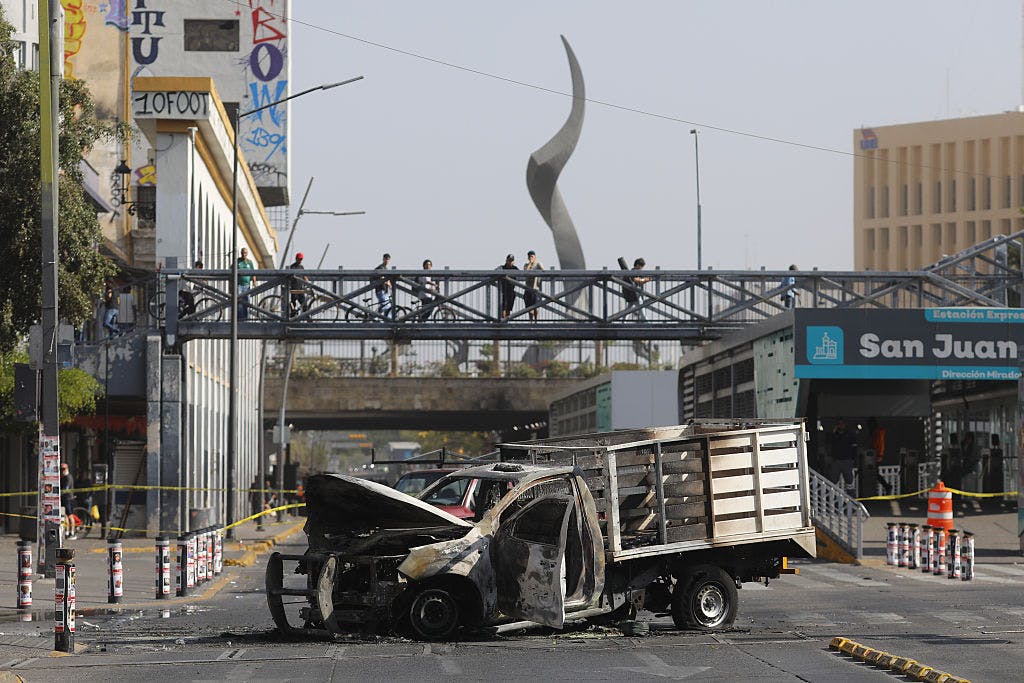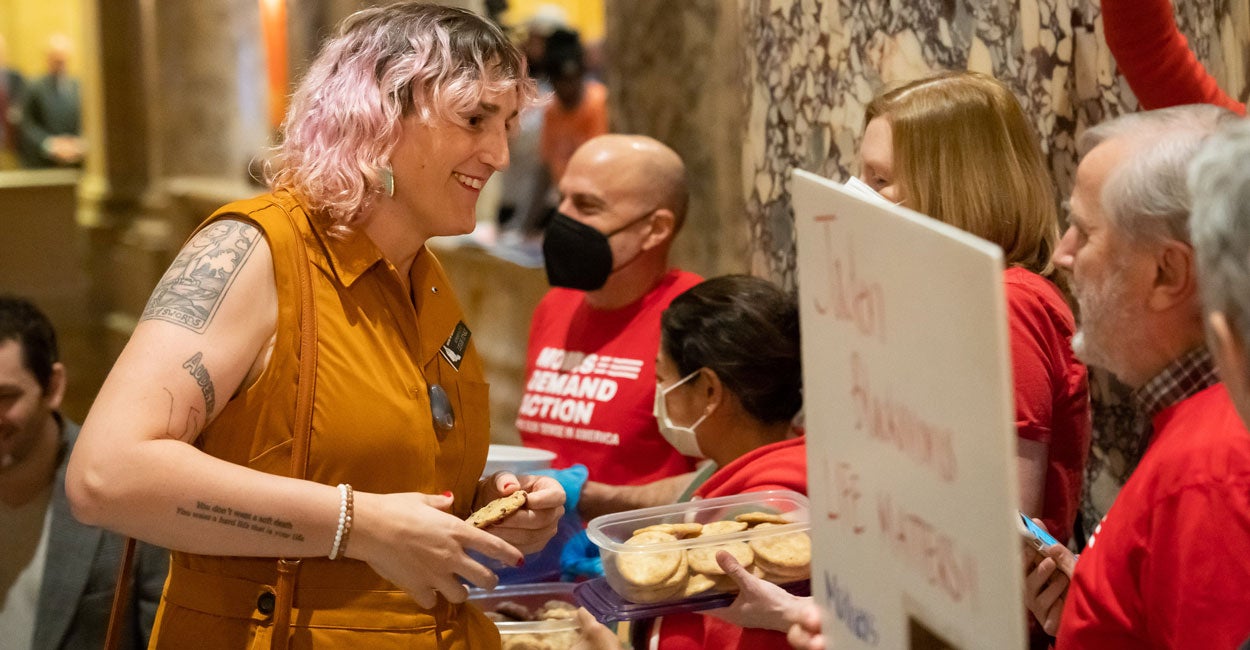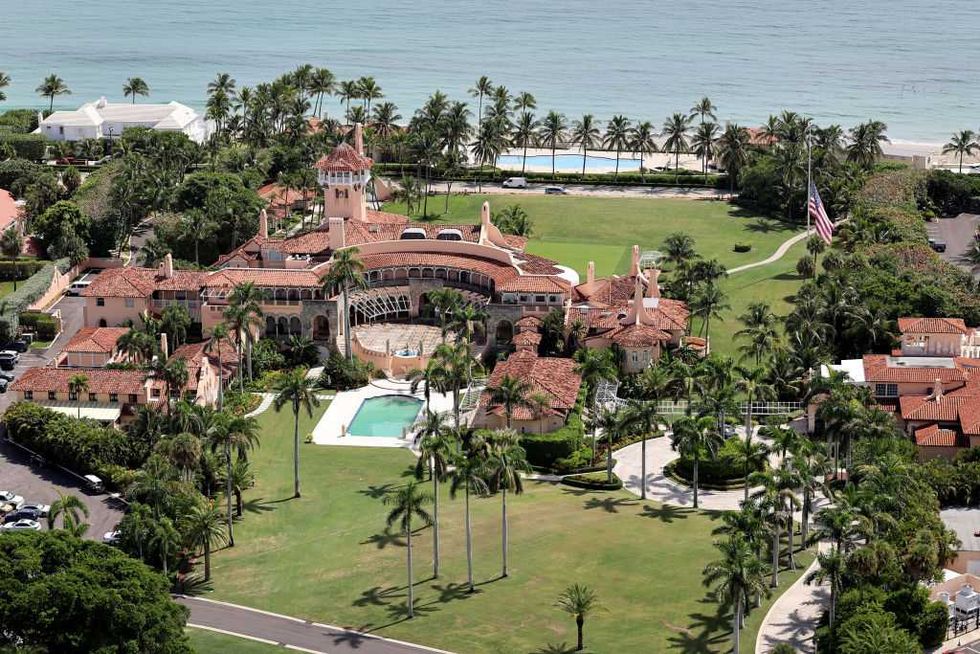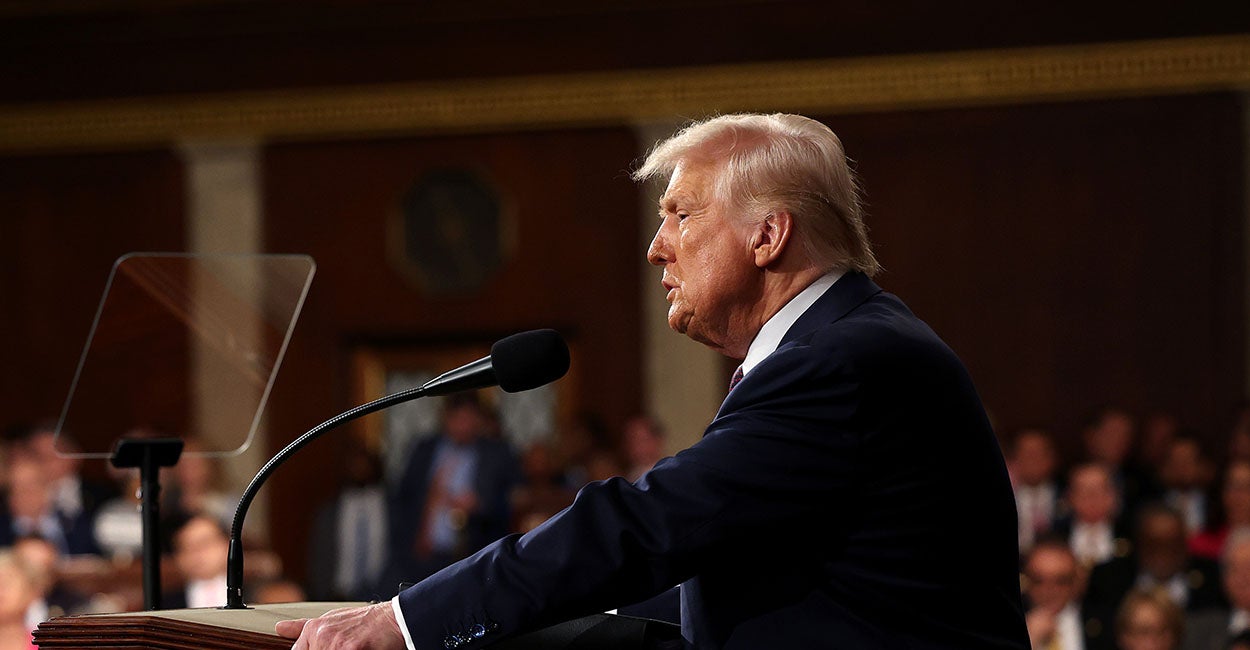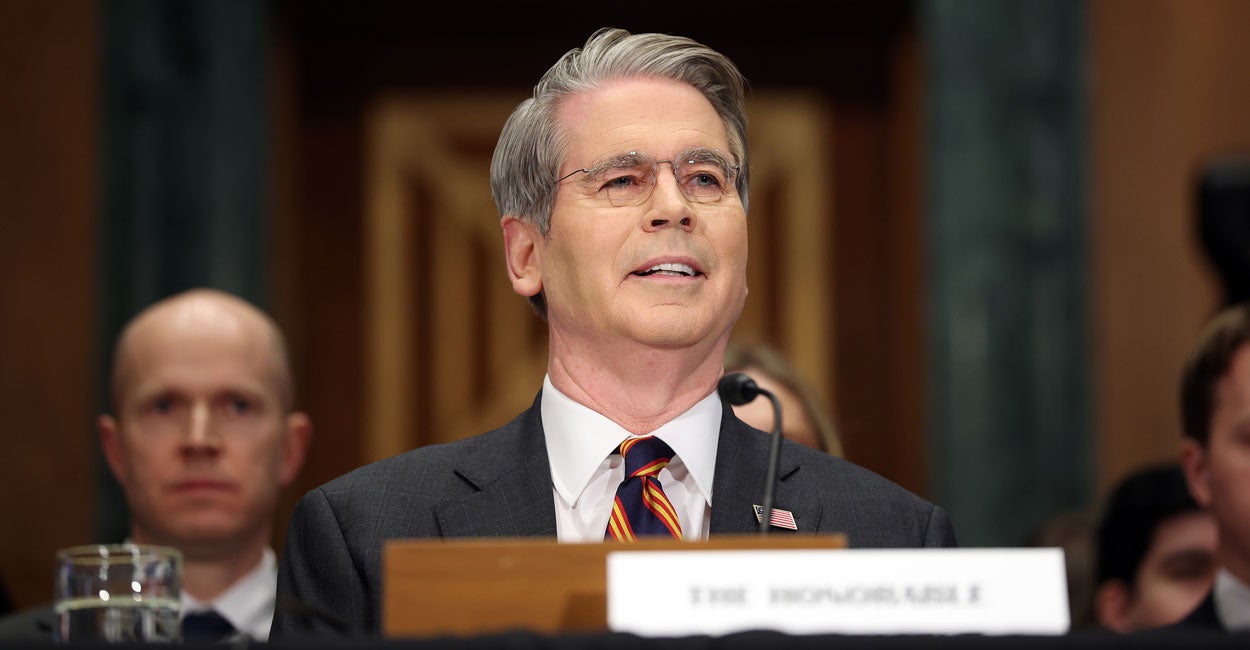Newsom Touts Green Agenda With Nigeria As Trump Slams Country Over Christian Persecution
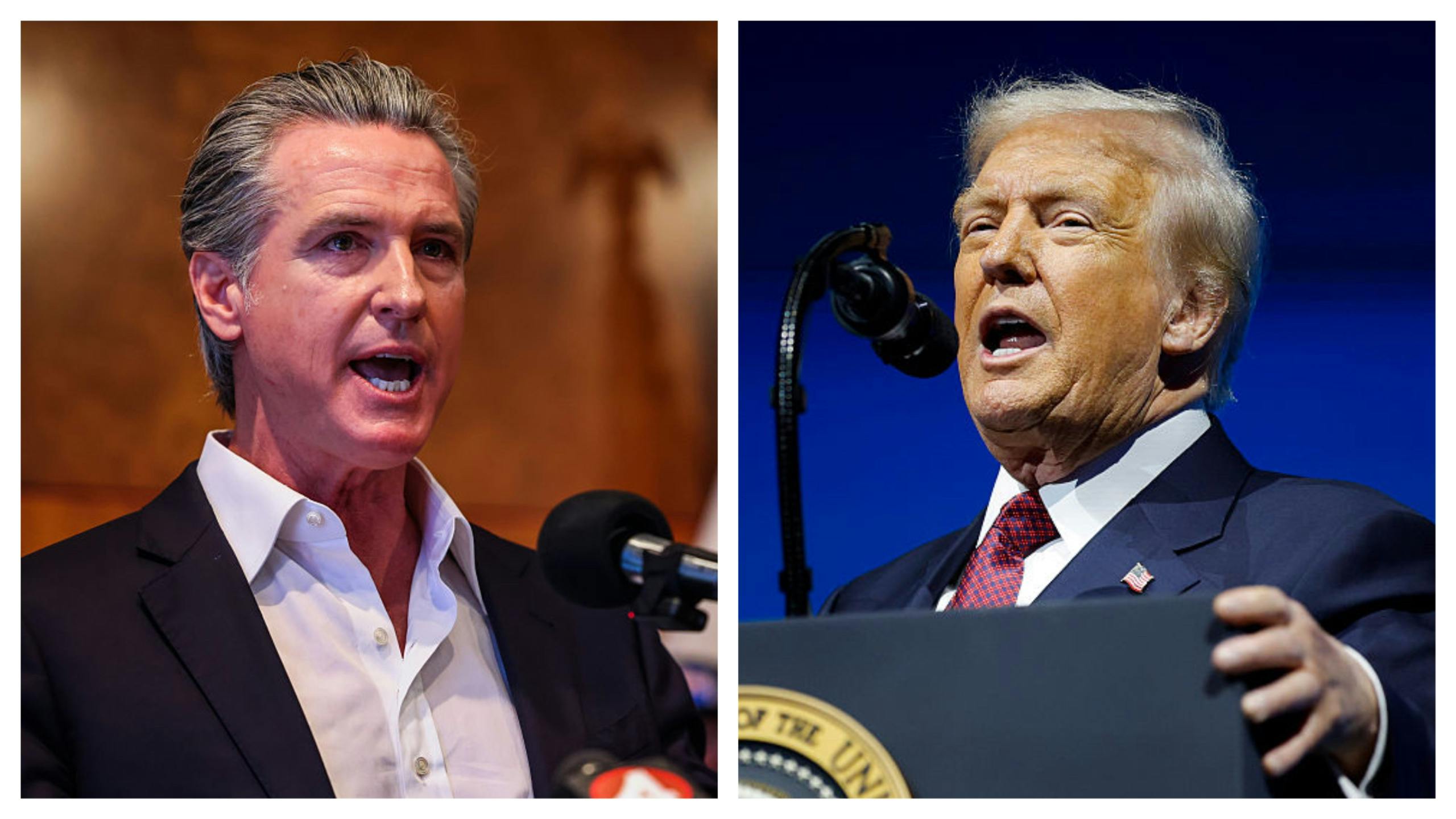
California Democratic Governor Gavin Newsom on Tuesday used the global platform of COP30 to announce a new partnership between the so-called Golden State and Nigeria for advancing clean transportation, climate adaptation, and pollution reduction.
Live Your Best Retirement
Fun • Funds • Fitness • Freedom
On X, Newsom celebrated, “California just teamed up with Nigeria on a new climate partnership at #COP30 — focused on cleaner transportation, climate adaptation, and cutting pollution. Real action, global collaboration!”
California just teamed up with Nigeria on a new climate partnership at #COP30 — focused on cleaner transportation, climate adaptation, and cutting pollution.
Real action, global collaboration! pic.twitter.com/2YiJYQwuPd
— Governor Gavin Newsom (@CAgovernor) November 12, 2025
This public announcement served not only as a boast of California’s global reach on sustainability but also as a direct contrast to the posture of the federal government under Donald Trump, who had recently re-designated Nigeria as a “Country of Particular Concern” (CPC) due to severe, systematic violence against Christians.
While Newsom projected optimism about climate diplomacy and international cooperation with Nigeria, the humanitarian and religious crises inside the African nation were reaching a historic level of alarm. In October 2025, Catholic World Report covered the release of a major U.S. fact-finding mission led by Mike Arnold, the former mayor of Blanco City, Texas. The findings declared unequivocally that the violence and displacement suffered by Christians amounted to genocide, not merely resource-based clashes between herders and farmers—the explanation often given by Nigerian authorities.
Arnold outlined the destruction of Christian villages, the razing of churches, and tens of thousands dead or forced from their homes. He warned that dismissing or minimizing the religious dimensions of the violence was both inaccurate and dangerous, reinforcing the impunity of perpetrators and abetting further atrocities.
Despite international alarm, the Nigerian government continued to reject the genocide designation, with prominent spokespersons insisting that the violence stemmed from local resource disputes instead of a calculated campaign of religious extermination.
Nonetheless, watchdogs reported that, in the first seven months of 2025 alone, more than 7,000 Christians were killed and nearly 8,000 abducted, with daily averages of Christian deaths and abductions starkly highlighting the crisis. Further estimates indicated at least 125,000 Christians killed and more than 19,000 churches destroyed since 2009, while radical Islamic groups like Boko Haram and Fulani militias targeted Christian communities with apparent impunity.
Civil rights organizations and international Christian advocacy groups have repeatedly accused the Nigerian government of failing to protect Christians and even providing a safe haven for as many as 22 Islamic terror organizations. Researchers traced a worsening trend of violence, abductions of clergy, and mass displacements, warning that government denial constitutes complicity given the overwhelming evidence that the crisis meets the legal threshold for genocide under Article II of the UN Genocide Convention.
Against this backdrop, advocacy in the West intensified. Under Trump’s leadership in October 2025, the U.S. officially designated Nigeria as a CPC, renewing the stance his administration had taken during his first term but which had been reversed under the Biden administration. Trump’s announcement starkly contrasted with the state-level approach epitomized by Newsom’s climate pact, centering religious freedom as a critical marker for U.S.–Nigeria relations.
Trump cited atrocious numbers—thousands of Nigerian Christians killed, churches destroyed—and called for urgent congressional attention and possible sanctions, making it clear that the U.S. could not simply stand by as these atrocities unfolded. Trump’s statement and ensuing endorsements from congressional leaders signaled a renewed willingness to apply diplomatic and economic pressure in defense of persecuted Christians.
While Newsom touted California’s model of partnership and global solidarity against climate change, Trump and congressional allies insisted on upholding religious freedom as a central pillar of U.S. foreign policy—putting Nigeria’s abuses at the heart of national and international concern.
Originally Published at Daily Wire, Daily Signal, or The Blaze
What's Your Reaction?
 Like
0
Like
0
 Dislike
0
Dislike
0
 Love
0
Love
0
 Funny
0
Funny
0
 Angry
0
Angry
0
 Sad
0
Sad
0
 Wow
0
Wow
0
